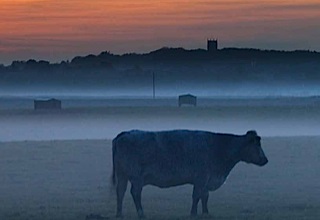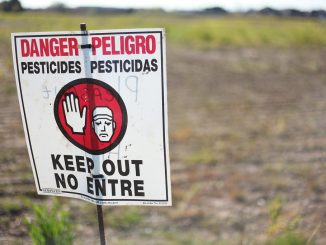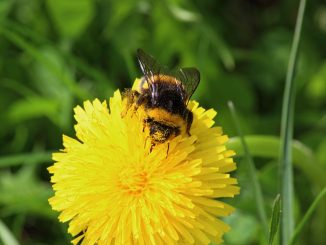More than 600 UK farmland species have declined since the 1970s and 1990s as a result of increasing pressure on habitats from industrial farming techniques, a 25-strong partnership of wildlife NGOs warned this week. In his foreword to The State of Nature, celebrity naturalist Sir David Attenborough observes: “…even the most casual of observers may have noticed that all is not well.”

Across the UK, regional media reports have been able to cite sharp decreases in their local wildlife. Since 75% of the UK’s countryside is officially designated as farmland, industrial farming techniques are being linked to the declines.
Needless to say, the UK’s National Union of Farmers (NFU) has protested its innocence in the face of such challenging facts. Referring to the work its members carry out with the habitat and birdlife charity, the Royal Society for the Protection of Birds (RSPB), the NFU inadvertently confirms that successes on the ground are due to farmland management rather than policy.
NFU deputy president Meurig Raymond declared: “…our work with the RSPB and other conservation bodies on the Campaign for the Farmed Environment has brought over 200,000 hectares of land into positive conservation management since 2009.” Since there are more than 17 million hectares of farmland in the UK, there is room for progress, even allowing for the additional 50,000 environmental agreements have under the UK government’s environmental stewardship schemes.
Raymond argues that no other area of the economy has “…stood still over this same period…” adding that the countryside is no different. This is wide of the mark, given that city and town dwellers are just as dependent on agriculture as rural populations: a fact that is probably more widely recognised in rural areas than urban environments.
The impact of UK farming on the environment over the past two centuries has been marked by the industrialisation of farming techniques. Farmland biodiversity has suffered at the hands of increasingly heavy handed technology that has been justified on abstract economic grounds.
The full State of Nature report is available on the RSPB website, here.
Last summer, ARC prepared a case study from the south coast of the UK, in which a local authority has been successful in reversing some of the damage done by over-intensive farming in an environmentally-sensitive area, using land management strategies.





